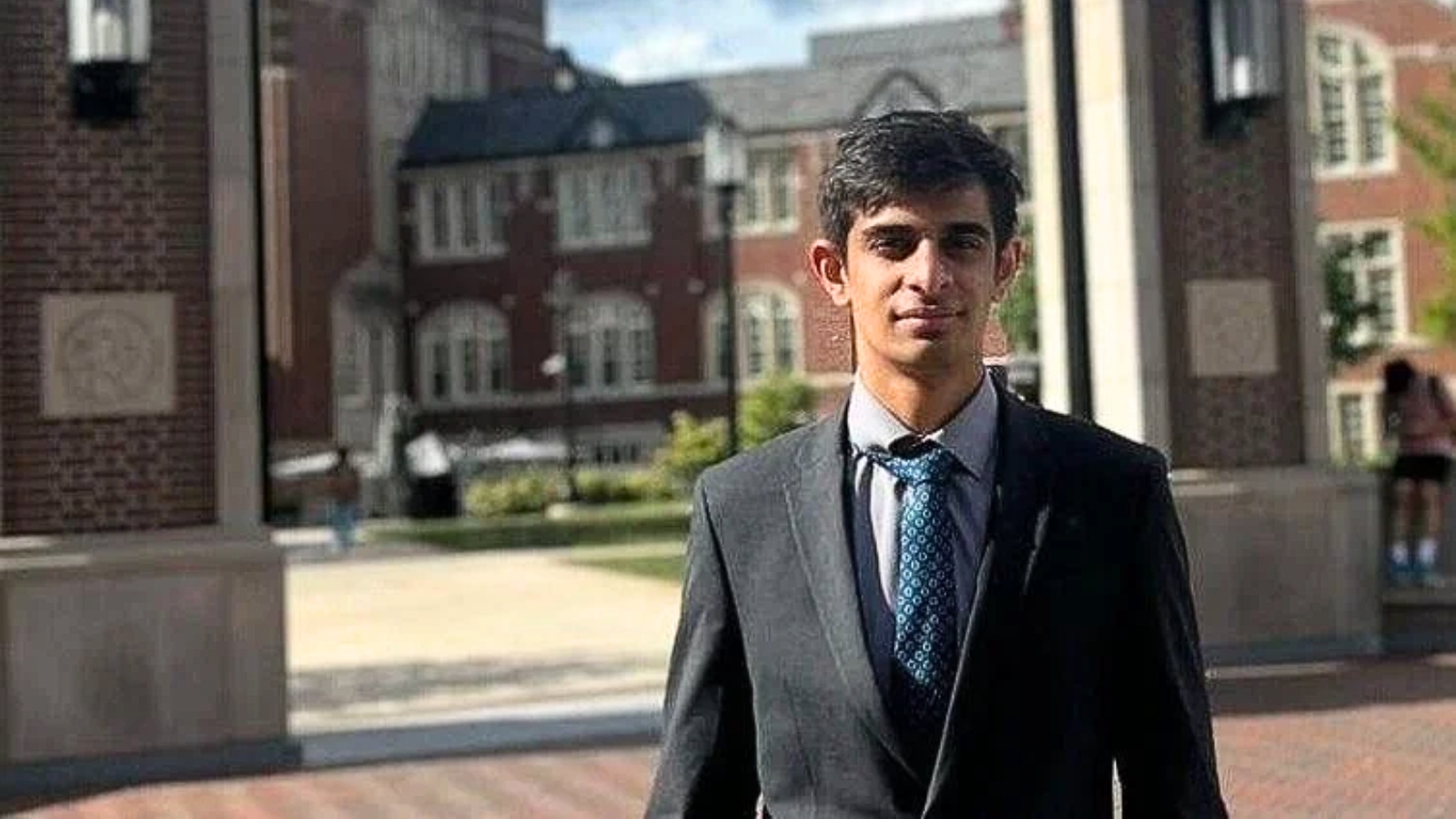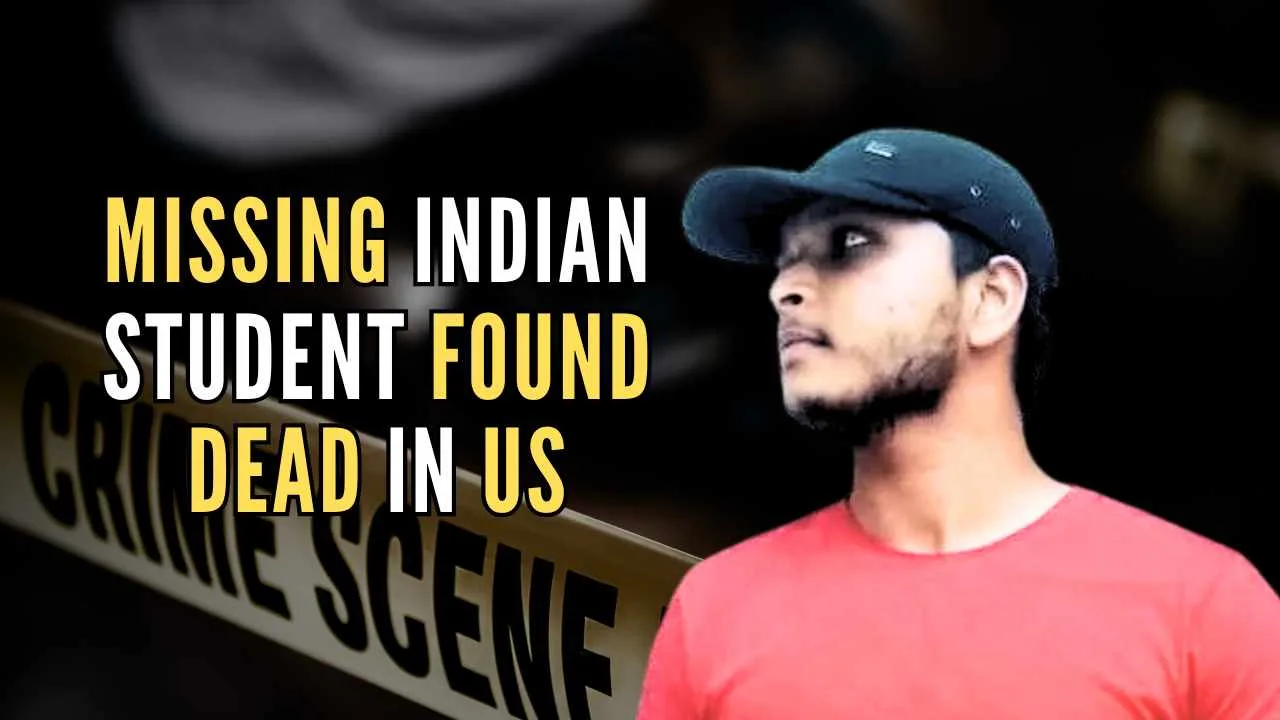The Indian embassy in New York confirmed the tragic news of 25-year-old Mohammed Abdul Arfath’s death in Ohio, nearly three weeks after he went missing in the United States. Arfath’s body was discovered in Cleveland, marking a devastating end to the search efforts. Expressing condolences to the grieving family, the embassy pledged to provide all necessary assistance to transport Arfath’s remains back to India. Hailing from Nacharam in Hyderabad, Arfath was pursuing a Master’s degree in IT at Cleveland University.

A Disturbing Turn of Events
Arfath’s disappearance took a disturbing turn when his family received a ransom call on March 19, demanding $1,200 for his release. Mohammed Saleem, Arfath’s father, recounted the harrowing experience of receiving the call, during which the abductors threatened to sell Arfath’s kidneys if the ransom was not paid. Despite their efforts to negotiate and plead for their son’s safety, the family faced a relentless ordeal with no assurance of Arfath’s well-being.
Plea for Assistance and Support
Amidst the anguish and uncertainty, Arfath’s parents appealed to the central government for assistance in securing their son’s safe return. The Consulate General of India in New York collaborated with local law enforcement agencies in a concerted effort to locate Arfath, who had last been in contact with his family on March 7. The desperate plea for help underscores the gravity of the situation and the dire need for swift action to ensure the safety of Indian students studying abroad.
Concerns Over Student Safety
Arfath’s tragic case adds to a series of distressing incidents involving the safety and security of Indian students in the United States. The alarming trend of deaths and disappearances among Indian and Indian-origin students has sparked widespread concern within the community. With each new case, fears are heightened and calls for enhanced safety measures grow louder, emphasizing the urgent need for greater vigilance and support for students studying far from home.

As the investigation into Arfath’s death unfolds, questions linger about the circumstances leading to his untimely demise and the measures in place to prevent similar tragedies in the future. The loss of young lives like Arfath’s serves as a poignant reminder of the vulnerability faced by students studying abroad and the imperative to prioritize their safety and well-being. In the wake of this heartbreaking loss, efforts to support and protect students navigating foreign environments must be redoubled, ensuring that tragedies like this are never repeated.
